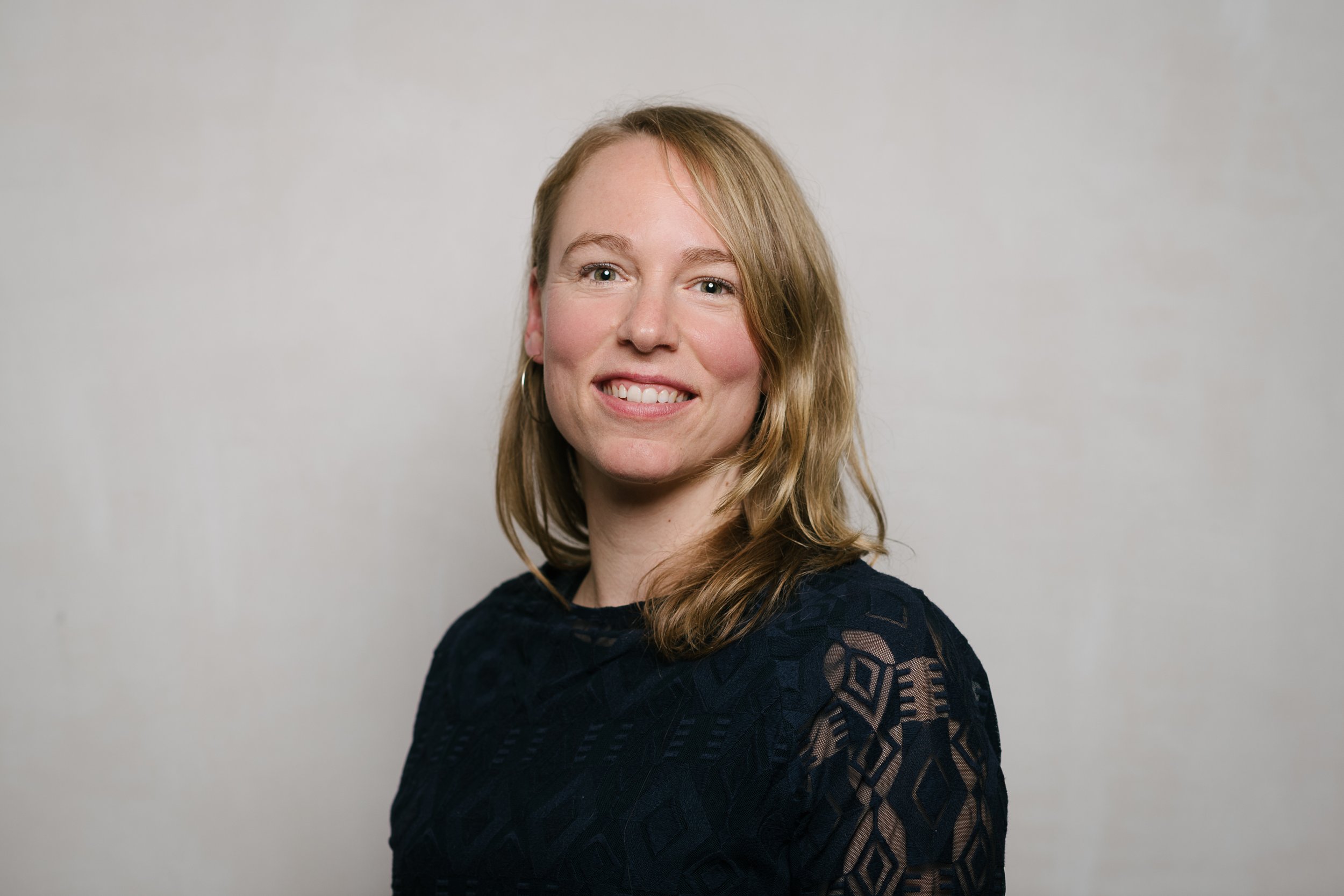amount awarded: $25,750
The sense of agency (SoA) is the experience of controlling one’s own actions and intentionally influencing the external consequences in the world (Haggard, 2017). Understanding the mechanisms behind SoA formation is crucial due to its direct relevance to mental well-being and legal jurisdiction. From a computational perspective, disruption of SoA in psychiatric disorders is associated with imbalances in how different signals in time (referred to as prospective and retrospective cues) are weighted. For example, schizophrenic patients tend to overly rely on retrospective cues and under-weigh prospective cues (Voss, et al., 2010). Currently, a thorough investigation of how these distinct signals is computed and integrated is lacking. Given the implications in clinical as well as criminal cases relating to SoA, we aim to bridge this gap. We propose that there is a hemispheric difference in how distinct sources of information contribute to the overall SoA.
We hypothesize that the left hemisphere (LH) is more sensitive to retrospective cues, such as observing the outcome, whereas the right hemisphere (RH) is more sensitive to prospective cues, such as premotor signals preceding the action. This hypothesis is based on extensive research in split-brain patients, in which the corpus callosum is severed to treat intractable epilepsy. Lateralized testing demonstrates that the LH, but not the RH, relies more on retrospective cues to make post-hoc inferences to make sense of the actions when prospective cues are absent (Gazzaniga, 2000). Additionally, when making moral judgments, the RH makes more intention-based judgments whereas the LH tends to make more outcome-based judgments (Miller et al., 2010). This evidence suggests that our LH-retrospective, RH-prospective hypothesis can be a plausible mechanism for SoA formation. Our project aims to investigate this hypothesis through a comparative study of healthy controls and split-brain patients. In Aim 1, we will manipulate (1) prospective cues, (2) retrospective cues, and (3) the acting-reporting hand, to establish whether hemispheres are differentially sensitive to prospective and retrospective cues in forming SoA. To establish the generalizability of our findings across different SoA paradigms, we will conduct two experiments: an implicit intentional binding task and an explicit SoA report task. In Aim 2, we will combine our dual-task design with recordings of whole-brain activity using fMRI, and structural properties using sMRI & dMRI, with the goal of identifying the functional and structural neural mechanisms involved in the integration of predictive and postdictive cues underlying SoA formation. In both Aims, we will compare the results from healthy controls to split-brain patients to establish the role of interhemispheric communication in forming SoA. This research will provide insights into the underlying mechanisms of SoA formation in both healthy individuals and split-brain patients. These findings have implications for understanding consciousness, self-awareness, and related neurological and psychiatric conditions, including schizophrenia and other disorders with altered self-awareness and agency.
Mike Miller, PhD. Professor, Department of Psychological and Brain Sciences, University of California, Santa Barbara
Selin Bekir, PhD Candidate, Department of Psychological and Brain Sciences, University of California, Santa Barbara
Jake Gavenas, PhD Candidate, Institute for Interdisciplinary Brain and Behavioral Sciences, Chapman University
Anna Ivanova, PhD. Postdoctoral Scholar, Department of Brain and Cognitive Sciences, Massachusetts Institute of Technology
Akila Kadambi, PhD. Postdoctoral Scholar, Department of Psychiatry and Biobehavioral Sciences, University of California, Los Angeles
Eric Hochstein, PhD. Associate Professor, Department of Philosophy, University of Victoria
Corey Allen, PhD. Postdoctoral Scholar, The Mind Research Network
Laura Kaltwasser, PhD. Postdoctoral Scholar, Berlin School of Mind and Brain, Homboldt University of Berlin







